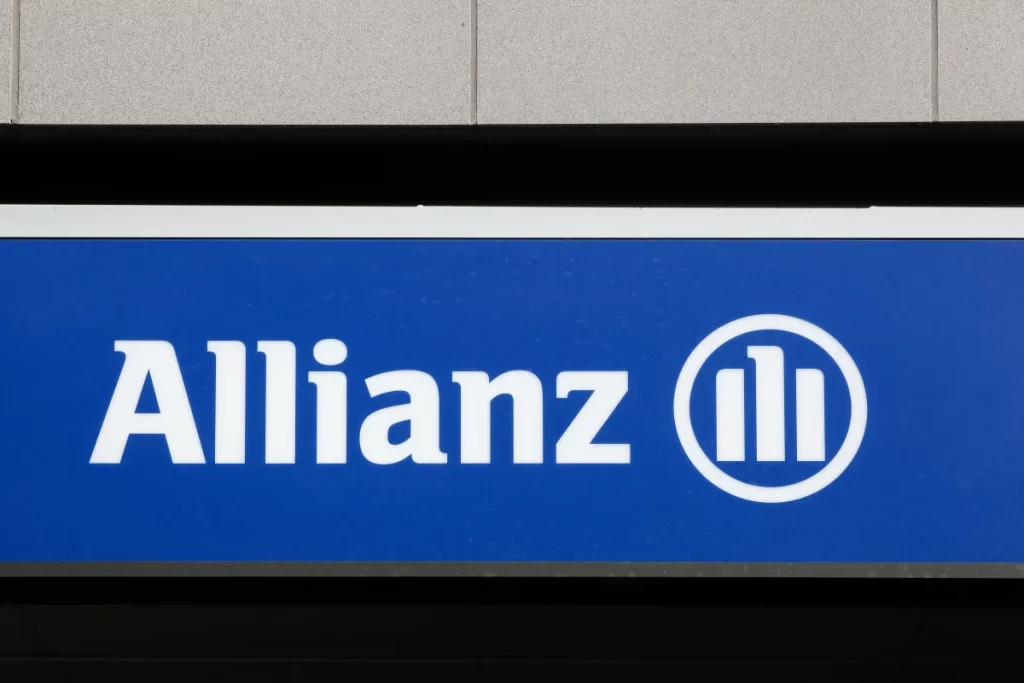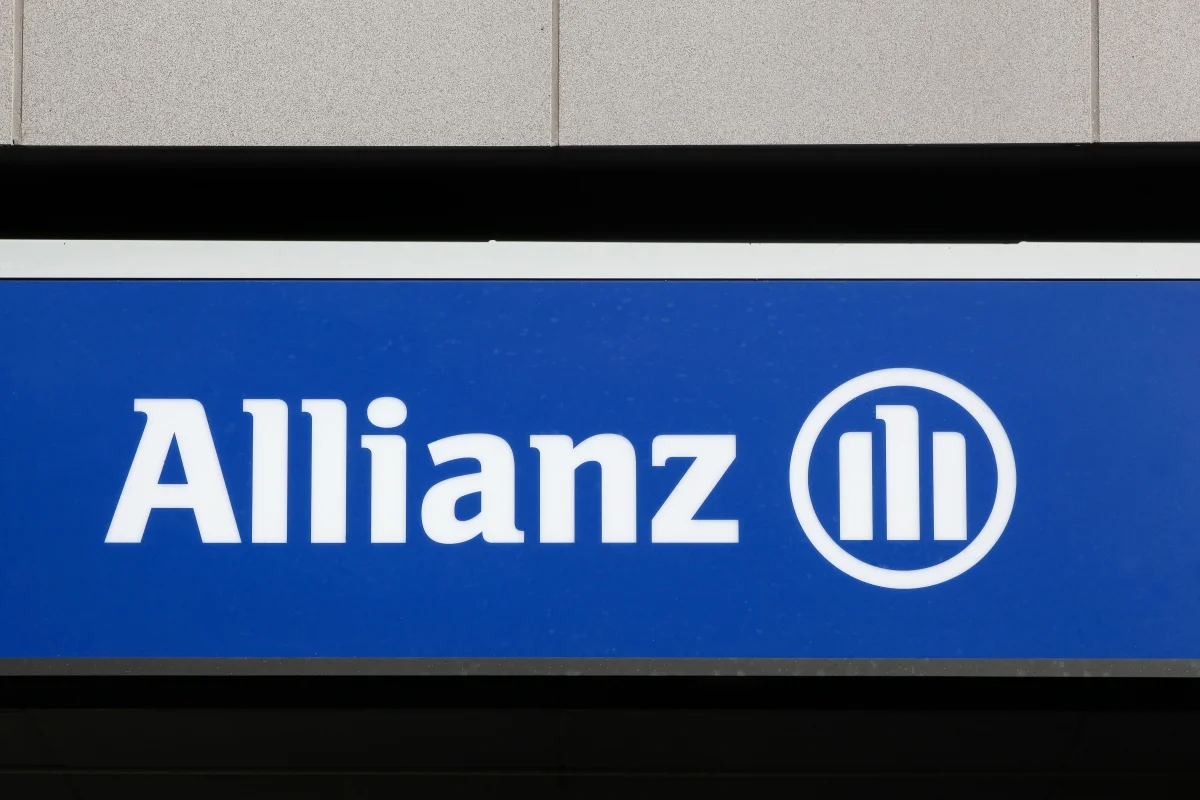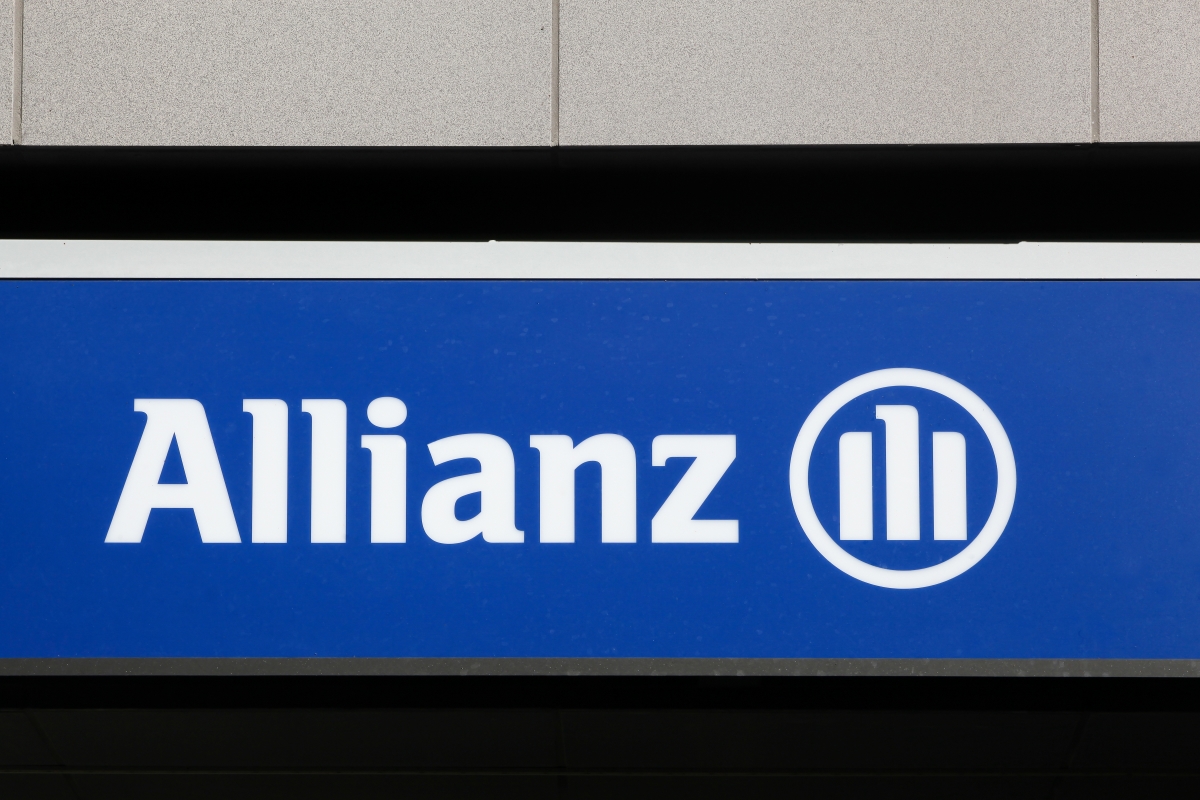Allianz Life, a major U.S. life insurance and annuities provider, has confirmed a large-scale data breach impacting the majority of its 1.4 million customers. The breach occurred after a threat actor exploited a third-party cloud-based CRM using a social engineering attack. This incident highlights the rising risks faced by financial institutions and the critical importance of robust cybersecurity strategies.
The Scope of the Allianz Life Data Breach
The breach was detected on July 16, 2025, when a malicious actor gained access to the CRM system of Allianz Life Insurance Company of North America. According to the company, the attacker obtained personally identifiable information (PII) of customers, financial professionals, and some employees. Allianz Life clarified that its core network and policy administration systems were not compromised. The company has contacted the FBI and is providing assistance to impacted individuals as part of its ongoing investigation.
Who Is Behind the Attack
The attack is believed to be linked to the ShinyHunters group, a known cybercrime syndicate responsible for high-profile breaches affecting companies such as Santander, Ticketmaster, AT&T, and Neiman Marcus. ShinyHunters often use social engineering to trick employees into granting access to tools like Salesforce Data Loader, enabling the extraction of sensitive data. While Allianz Life has not confirmed whether Salesforce was the targeted CRM, the attack follows a recent trend of exploiting CRM platforms to exfiltrate large volumes of data.
Impact on Customers and the Insurance Industry
This breach serves as another reminder of the vulnerabilities in third-party and cloud-based systems. For Allianz Life customers, the exposed data could lead to targeted phishing attempts, identity theft, or financial fraud. For insurers and financial institutions, the incident reinforces the need for stringent third-party risk management, continuous monitoring, and employee training to detect social engineering attempts before they succeed.
Cybersecurity Lessons and Best Practices
The Allianz Life case is a stark illustration of how social engineering remains one of the most effective attack vectors. Organizations handling sensitive personal data should implement multi-layered defenses, including:
• Strong identity and access management for third-party applications
• Continuous monitoring and auditing of cloud services
• Employee awareness programs to identify and report suspicious requests
Financial institutions can also benefit from managed detection and response services, advanced threat intelligence, and 24/7 SOC monitoring to detect breaches before attackers exfiltrate critical data. If your business handles sensitive client information, ZENDATA offers advanced cybersecurity services that protect against ransomware, phishing, and data exfiltration threats.
Conclusion
The Allianz Life data breach is a clear example of how attackers exploit human trust and cloud-based services to compromise millions of records. For the financial sector, the lesson is simple: robust cybersecurity and proactive third-party risk management are no longer optional.
Read the full article of BleepingComputer here.





